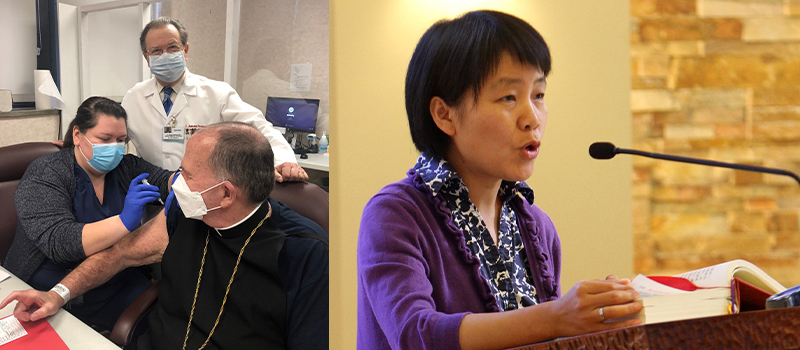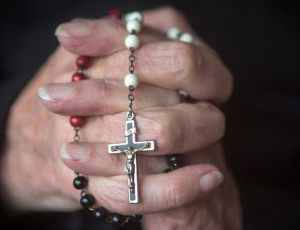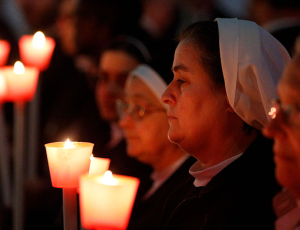Pope Francis has urged people to register and take a COVID vaccine as soon as possible, revealing in a new interview that he expects to get his own first dose this week. “I believe that, morally, everyone must take the vaccine … because it is about your life but also the lives of others.”
The Vatican Congregation for the Doctrine of Faith and the United States Conference of Catholic Bishops have declared that vaccines currently in use – Pfizer and Moderna, in particular – are morally acceptable and permissible for use by all the Catholic faithful.
Bishop David O’Connell, C.M. received his vaccination at St. Francis Hospital in Trenton on Monday, January 11. “Because of all the many people in the Diocese with whom I have direct contact and given my age and diabetes, I thought it advisable and important that I take my turn and receive the vaccine once it was available to me.”
_________________________________________________________________________________________________________
The Vatican announced on Monday, January 11, 2021, that the Holy Father Pope Francis has made a revision to Canon Law that will allow baptized Catholic women and men to be installed in a stable manner in the Church’s official ministries of lector and acolyte. The key concept here is contained in the words “installed in a stable manner.” Reflecting that official innovation, this change confirms what has actually been the practice for some time now, namely that qualified, baptized women and men could proclaim the Scripture reading (except the Gospel) at Mass and other liturgical services as well as distribute Holy Communion at Mass or to the sick with the approval of their pastors. This revision was announced motu proprio (on his own initiative) by Pope Francis in a letter “Spiritus Domini” (the Spirit of the Lord)… The various episcopal conferences around the world – in our case, the United States Conference of Catholic Bishops – will determine the time frame and manner of implementation.
Click here for the full message.
_________________________________________________________________________________________________________
A message from Bishop David M. O’Connell C.M. on Ordinary Time.
With the Christmas Season behind us, Catholics enter into a period referred to as “Ordinary Time” in the Church’s liturgy. In our vernacular usage, the word “ordinary” describes what is commonplace, “everyday” or without uniqueness or special distinction.
The fact is that “Ordinary Time” makes up most of the Church’s calendar year, roughly 34 weeks between the first and final Sundays of the liturgical calendar. The Lenten and Easter Seasons constitute, for lack of a better term, an “interruption” of “Ordinary Time” before Advent and Christmas come again. There are also individual feast days and solemnities that appear in the liturgical calendar “interrupting Ordinary Time” here and there.
The expression itself comes from two Latin root words referring to the “order” of numbering the weeks of the year in the “ordered life” of the Church, beginning after the solemn feast of the Baptism of the Lord, which takes the place of a “First Sunday in Ordinary Time,” and ending with the solemn feast of Jesus Christ, King of the Universe, the “Final Sunday in Ordinary Time.”
What takes place in the Church’s official prayer during “Ordinary Time” is anything but ordinary. It is the unfolding in Masses, Scripture readings and prayers of the whole life of the Lord Jesus Christ between the “seasonal celebrations” of his Incarnation and Birth and his Passion, Death and Resurrection.
Click here for his full message.




